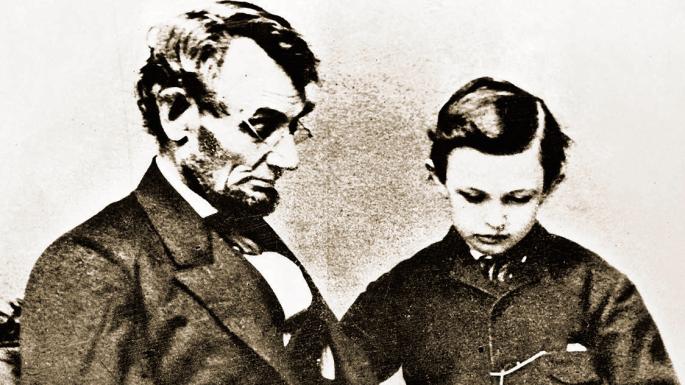Each Friday we travel back in time, one year at a time, for a look at some of the cultural goodies that may appear closer than they really are in The Rear-View Mirror. Join us on our weekly journey into the past!

The Divorcee begins with a group of friends which make up the in-crowd of New York society. Jerry (Norma Shearer) and Ted (Chester Morris) are in love. They decide to get married. Paul (Conrad Nagel), who also loves Jerry, is firmly relegated to the friend zone. Gutted, he proceeds to get drunk and gets into a car accident that disfigures one of the other women of the group: Dot (Judith Wood). Ur-‘Nice Guy’ that he is, he marries her out of pity. Wedding bells and domesticity, sacrifice and unrequited love. So far, so Hollywood. Female facepalm. But then halfway Shearer delivers the following searing monologue:
Continue reading

